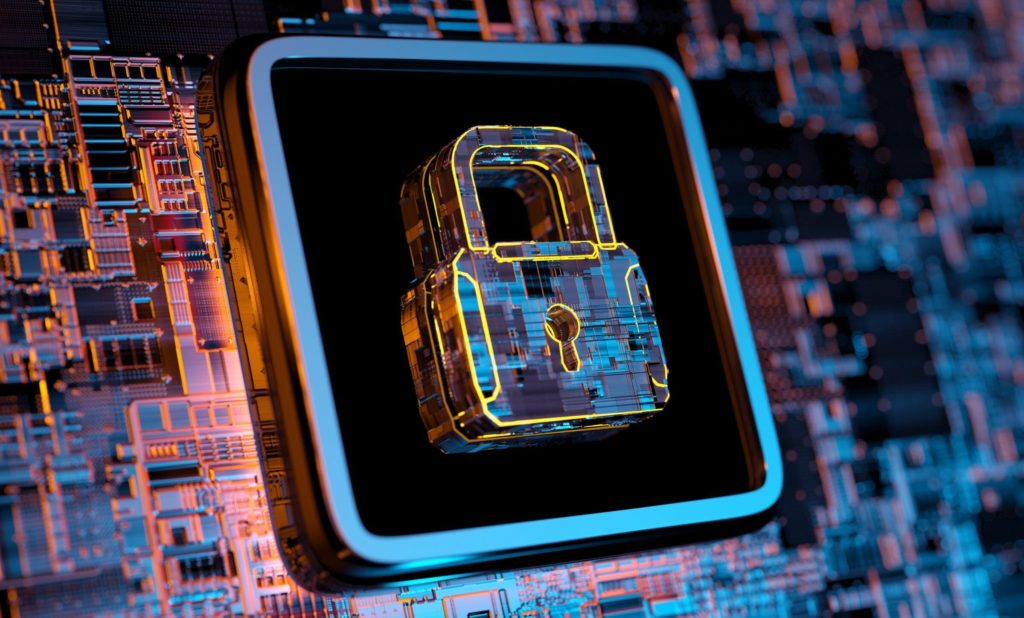By: Jerdon Kiesman
With hundreds of choices for antivirus programs (for PCs and for Macs), how do you know which one to use? This article weighs in on a few choices- and how you can tell if you’re getting the protection you need.
For many years, some names were synonymous with antivirus- Norton, McAfee, etc. Those corporations took advantage of their fame and sold their namesake to other companies- leaving their reliability behind. Nowadays, Norton antivirus (or what’s left of it) is usually only used when it’s bundled with the cheap laptops from Walmart, Sam’s Club, and similar stores. Another large antivirus company- Kaspersky Labs, is now going by the wayside also. On March 28th, 2022 the U.S. Government blacklisted Kaspersky as a national security threat. The Russian parent company of Kaspersky antivirus is deemed a threat to U.S. users due to the large amount of personal data that is sent to the Russian company. With the big, previously dependable companies gone now, users who seek the best protection must turn to the little guys.
How does antivirus work? That’s the biggest question when looking at what program works best. In the simplest terms, most antivirus software maintains a list of file names, file types, or behaviors that are associated with viruses. They scan your computers files at the most optimal times and compare any new files or actions to their list of known threats. Not all antivirus providers are created equally, however. In fact, there are some companies whose main goal isn’t even to provide antivirus- it’s a clever selling point to get access to your personal info, though!
What you need :
Antivirus- This is the scanner that checks for viruses and suspicious actions.
PUP protection: PUP stands for “Potentially Unwanted Programs”. This keeps the unintentional junk off of your PC or Mac.
What you don’t need:
VPN: VPN is one of the greatest computer “snake oils”. It seems like every company wants you to have their VPN. The question is- what does it even do? The only thing that a VPN does is change the location that your web traffic comes from. This won’t keep you safe from viruses or anything else for that matter. In can also be a large inconvenience because it will mess with your vital location data. This means that a search for “Restaurants near me” might send you on a MapQuest to San Francisco rather than to the coffee shop up the street.
Tune-ups, check-ups: Please, just don’t do it (unless you’re in the market for a doorstop/paperweight that says “Dell” on it).
Is there truly such a thing as “free” antivirus?
Yes and no. Yes, there are many antivirus programs that are free. Some of them even work fairly well. The problem lies within the business model of those companies. Why would anyone spend time and money distributing a free antivirus program to millions of people- definitely not out of the goodness of their heart. Today, one of the most valuable commodities is personal information. Most free antivirus programs will either sell your personal information, relentlessly hound you for more money- or even both! One thing to remember when shopping for an antivirus program- there is no free lunch on the internet!
We highly suggest against using the “name-only” programs such as Norton, McAfee, AVG, Avast, Avira, and especially Kaspersky antivirus. If you haven’t had a problem yet- you will! Even if you have time left on your subscription it may be best to switch providers- you’ll probably save money by not needing a virus removal later.
Stop by or call today to get your antivirus taken care of- starting at $40
Computer Doctor of Maine – 207 862 7019
